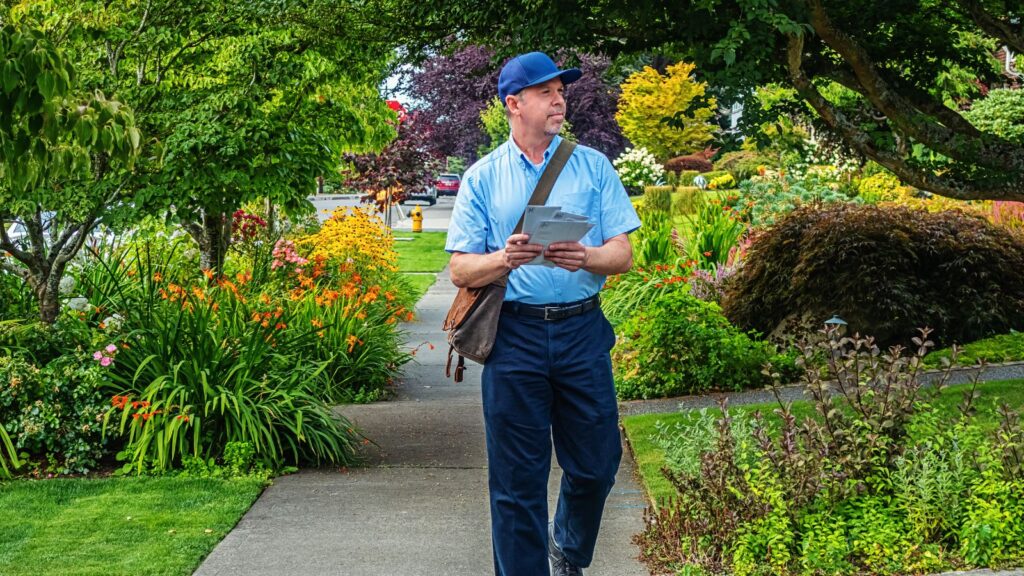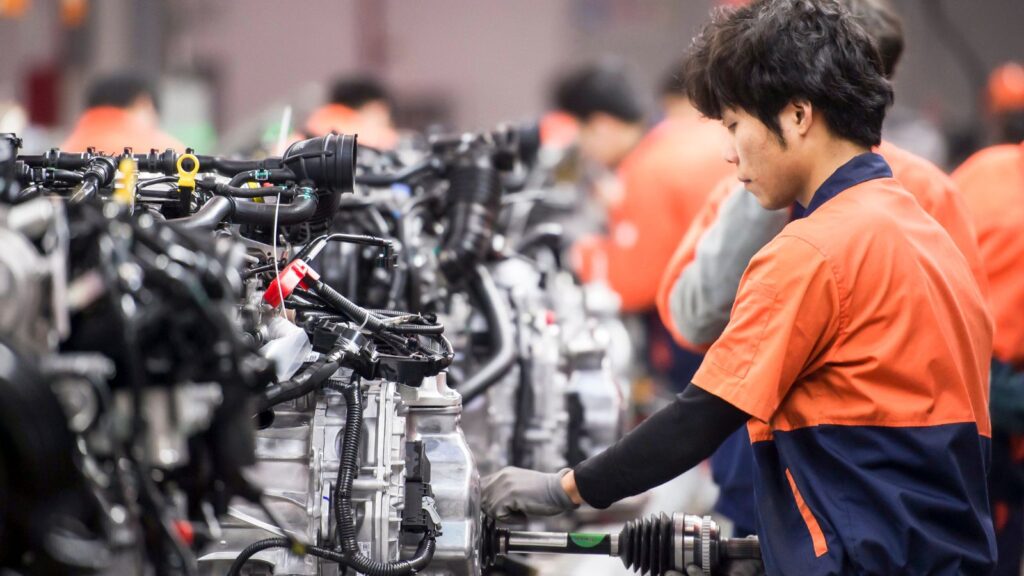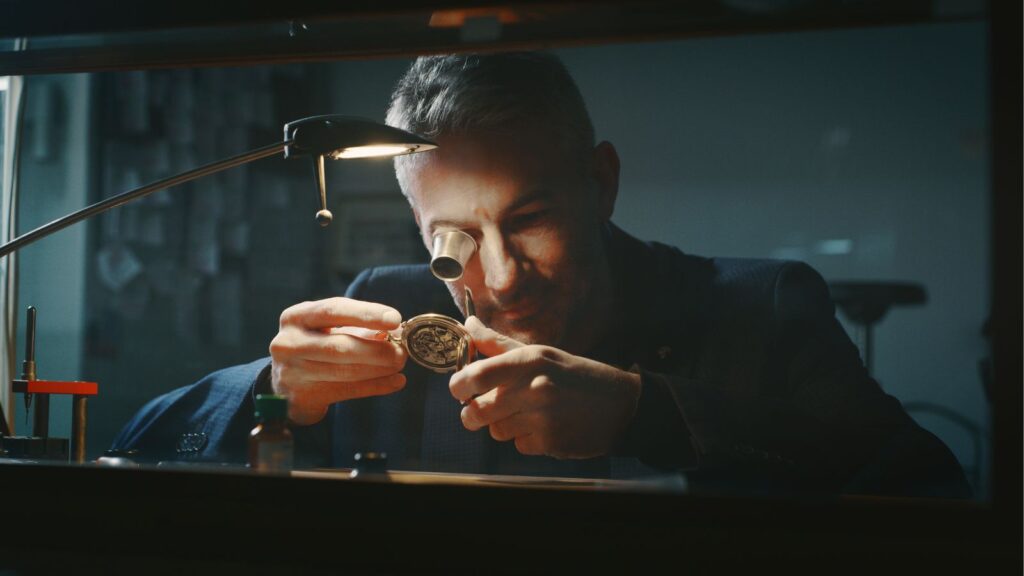The world is going digital, and thanks to technological advancements, automation, and changing consumer behaviors, certain jobs will soon be totally obsolete. So many of our everyday tasks can now be done by computers, whether scanning our groceries at a checkout, paying for goods, packing products on an assembly line, or even driving vehicles, advanced technology will soon lead to a decline in many traditionally human-operated job roles. In fact, according to the World Intelligence Congress, by the end of 2024, AI, virtual PAs, and chatbots will replace almost 69% of the average manager’s workload.
Security Guards

AI has made giant advancements in the area of physical security, and Cobalt now has a security robot that can guard premises, inspect buildings, and use infrared sensors to detect suspicious human activity. This has been a game changer, as many large companies with vast warehouses can now employ these 24/7 robots, which are more efficient and cheaper than a human being.
Postal Worker

With most forms of written communication now being digitized and sent online via email or business platforms like Teams, along with automated mail sorting systems, the need for postal workers is dramatically declining, and this job will soon be obsolete.
Data Entry Clerk

Office administration staff usually start with entry-level positions like data entry. However, computer automation and AI can now perform data entry much faster and more accurately than humans. Therefore, this position is likely to no longer exist within the next five years.
Telemarketer

Do you know those annoying sales calls that we all get from a super enthusiastic human trying to sell you something? Soon, AI chatbots will replace enthusiastic humans as companies invest in automated phone systems that systematically contact customers, and humans are no longer necessary for this role.
Doctors

This might sound unbelievable, but advanced AI robotics are already carrying out complex surgical procedures and X-ray scanning around the world. This is great news in many ways, as there’s no need to worry about a robot’s shaky hand during precision surgery or human error when trying to detect diseases like cancer from scans and X-rays. Furthermore, the use of robots in medicine allows for increased sterility, and while humans will still be required to manage and organize processes, robotic medicine is set to positively impact human health.
Cashier

Most big chain supermarkets have already started replacing humans at the checkout with automated scan-and-pay machines, so the number of available positions in this role is already in rapid decline.
Bank Teller

The rise of online banking has seen the decline of human beings working in banks. Most people now manage their money online with mobile apps, and we now also pay for most things without even touching cash as a chip and pin. Electronic ATMs have removed the need to engage with humans for financial transactions.
Assembly Line Workers

You might have heard that Amazon has started using AI robots for some of its repetitive warehouse tasks. Many businesses now employ advanced robotics instead of humans for assembly lines and manufacturing work as they are cheaper and much more efficient.
Travel Agent

The need for human travel agents is steeply declining as online travel booking systems, and AI travel planners are taking over many of the functions humans used to do in these jobs.
Radio DJ

The creation of AI virtual assistants like Alexa, coupled with music streaming and automated playlists, is replacing the traditional human role of radio DJs, and this career option will soon be almost completely obsolete.
Newspaper Delivery Person

Nearly everything we read nowadays is in digital print; think about it: it’s how most of us get our news, factual information, and regular forms of communication. Therefore, consumer demand for physical newspapers is vastly declining, and soon, coupled with environmental concerns, the newspaper itself may become a relic of the past.
Photo Developer

Digital photography and the fact that almost every person now walks around with a digital camera on their phone has made this job role obsolete. Furthermore, most people now share photos online instead of printing out physical pictures, so there is little to no consumer demand for this service anymore.
Proofreading and Editing

Up until now, most content you read was proofread and edited by a human who would have scanned and checked the document for errors, spelling mistakes, punctuation, and correctness; however, more and more publications and writers are using automated proofreading and AI editing tools, meaning that this human job is starting to become redundant.
Customer Service

Businesses have discovered that they can use chatbots and online chat services to assist customers with product orders, queries, and general customer service. This has significantly diminished the need for human customer service representatives, and this trend is set to continue until this job role has been completely replaced by technology.
Watch Repairers

With digital clocks on every smartphone and computer, the need for physical wristwatches has dramatically declined, and with it, so has the art of the watch repairer. In the future, traditional watches are likely to be mere fashion accessories and more of a novelty, making watch repairing an extinct profession.
Taxi and Bus Drivers

We are already seeing self-driving cars on our roads, and this trend is set to expand to encompass buses and even trains as driving becomes fully automated. According to the Los Angeles Times, self-driving trucks could replace 1.7 million Americans within ten years.
Librarians

The digitization of records, databases, electronic academic texts, inventions like the Amazon Kindle, and the Internet have dramatically changed how consumers access information and read books. This has led to the role of librarians becoming increasingly obsolete.
Soldiers

Military professionals are confident that future conflicts will be between robotic soldiers rather than humans. Furthermore, AI robots are already being used in military operations, including surveillance, drone strikes, and intelligence. The head of the UK military recently said that “autonomous robots could form a quarter of the British military by 2030”.
19 Grim Realities of Dating After 50 That Are Often Overlooked

19 Grim Realities of Dating After 50 That Are Often Overlooked
26 Things That Will Be Extinct Because Millennials Refuse to Buy Them

26 Things That Will Be Extinct Because Millennials Refuse to Buy Them
24 Outdated Slang Terms You Absolutely Shouldn’t Be Using Anymore

24 Outdated Slang Terms You Absolutely Shouldn’t Be Using Anymore
25 Hardest Parts About Getting Older That No One Ever Talks About

25 Hardest Parts About Getting Older That No One Ever Talks About






